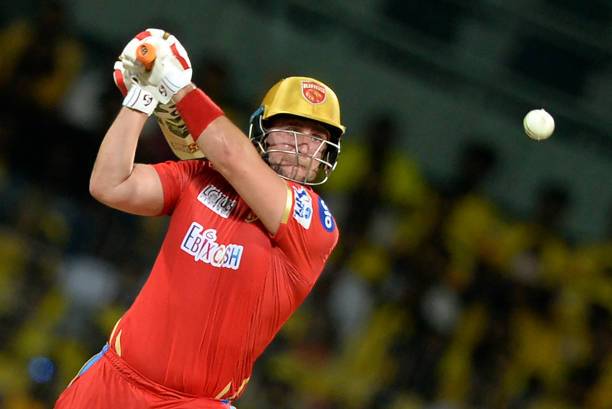Cricket’s Influence on Indigenous Cultural Tourism Development
Apbook, Apbook: Indigenous cultural tourism has long been an integral part of showcasing the traditions, heritage, and stories of indigenous communities around the world. From sharing traditional dances and music, to offering authentic culinary experiences and craft demonstrations, these tours provide a unique opportunity for visitors to immerse themselves in a rich and diverse culture.
The roots of indigenous cultural tourism can be traced back to the early interactions between indigenous communities and explorers, settlers, and adventurers. As curiosity grew about the customs and way of life of these communities, people began to seek out opportunities to engage with them in a respectful and meaningful way. Over time, indigenous cultural tourism evolved into a platform for communities to share their knowledge, history, and values with a global audience, fostering a deeper understanding and appreciation for their unique identities.
The Role of Cricket in Promoting Indigenous Culture
Cricket, a widely loved sport in many Indigenous communities, plays a significant role in promoting and preserving Indigenous culture. Through the game of cricket, Indigenous peoples are able to showcase their unique traditions, values, and heritage to a wider audience. The sport serves as a platform for celebrating Indigenous identity and fostering a sense of pride among community members.
Cricket tournaments and matches often incorporate traditional Indigenous customs, music, dances, and art forms, providing a rich cultural experience for both players and spectators. This fusion of sport and culture not only helps to preserve ancient traditions but also educates non-Indigenous individuals about the rich history and diversity of Indigenous peoples. By actively participating in cricket, Indigenous communities are able to reclaim their narrative and challenge stereotypes, ultimately strengthening their cultural resilience and promoting greater understanding and respect across different societies.
• Cricket serves as a platform for celebrating Indigenous identity and fostering pride
• Tournaments and matches incorporate traditional customs, music, dances, and art forms
• Fusion of sport and culture preserves ancient traditions and educates non-Indigenous individuals
• Active participation in cricket helps Indigenous communities reclaim their narrative and challenge stereotypes
• Strengthens cultural resilience and promotes greater understanding and respect across societies
Challenges Faced by Indigenous Cultural Tourism Development
Indigenous cultural tourism development encounters various obstacles that impede its growth and sustainability. One significant challenge is the lack of awareness and appreciation among mainstream tourists for the value and uniqueness of Indigenous cultures. This can result in a lack of demand for Indigenous tourism experiences, leading to underinvestment in this sector and limited economic opportunities for Indigenous communities.
Furthermore, inadequate funding and resources pose a major hurdle for the development of Indigenous cultural tourism initiatives. Many Indigenous communities lack the financial means to invest in infrastructure, marketing, and staff training necessary to create compelling and competitive tourism products. This financial constraint limits the ability of Indigenous peoples to fully showcase their culture and heritage to a wider audience, hindering the growth potential of Indigenous cultural tourism.
What is the history of Indigenous cultural tourism?
Indigenous cultural tourism involves showcasing and promoting the cultural traditions, practices, and heritage of Indigenous communities to visitors. It provides an opportunity for these communities to share their stories and traditions with a wider audience.
How does cricket play a role in promoting Indigenous culture?
Cricket has been used as a platform to promote Indigenous culture and heritage. Initiatives such as the National Indigenous Cricket Championships help to celebrate and showcase the talent and cultural significance of Indigenous communities through the sport.
What are some of the challenges faced by Indigenous cultural tourism development?
Some challenges faced by Indigenous cultural tourism development include limited resources and funding, lack of infrastructure and marketing support, issues related to cultural authenticity and representation, and the impact of colonization on traditional practices and knowledge.







